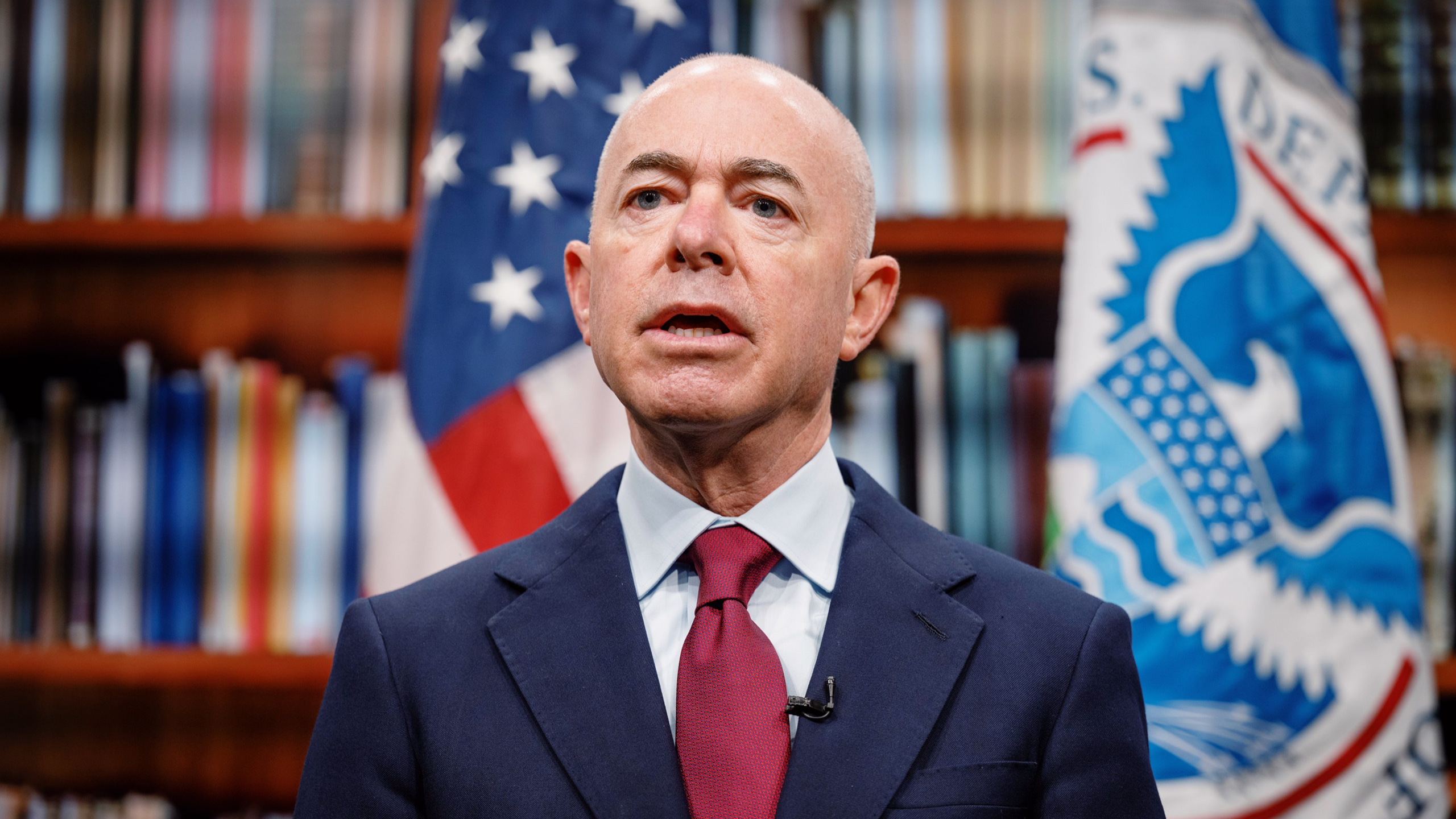US Blocks Chinese Textile Firms Over Forced Labor Concerns
The bans not only attempt to address human rights violations but also aim to protect domestic textile producers from unfair competition.
Sign up for smart news, insights, and analysis on the biggest financial stories of the day.
The Biden administration, which hasn’t exactly been cottoning to Beijing trade practices lately, blocked more than two dozen textile companies from exporting to the US by adding them on Thursday to a list of Chinese businesses that allegedly exploit forced labor.
The bans not only attempt to address human rights violations but also aim to protect domestic textile producers from unfair competition, The Wall Street Journal reported.
You Just Made the List
China’s northwest region of Xinjiang accounts for about 20% of the world’s cotton supply, so it looms large in the global clothing industry. However, the area has long been suspected of using forced labor — specifically that of the predominantly Muslim Uyghur minority — to harvest and manufacture crops. China’s government has repeatedly denied the accusations.
In 2022, the US created the Uyghur Forced Labor Prevention Act (UFLPA) Entity List, effectively banning all imports from the region. But China’s position as the largest exporter of textiles and clothing to the US makes it especially hard to track cotton throughout supply chains, so the stuff still ends up on American soil:
- The 26 additions made to the list, which brings the total to 65, specifically target textile middlemen that mostly sell to Chinese companies. “We will not allow goods produced in whole or in part through forced labor to enter the United States,” Homeland Security Secretary Alejandro Mayorkas said.
- Lawmakers have previously said the government shouldn’t just encourage companies to scrutinize their own supply chains for evidence of forced labor but actively pursue criminal charges against those who benefit by misleading US businesses.
Cheap Goods: A large loophole in the UFLPA list also exists for “de minimis” shipments. Packages worth $800 or less can enter the country without duty and little customs oversight, which is quite a leg up for e-commerce and fast-fashion businesses that sell outrageously cheap goods. A 2023 report from a House select committee found that 1 billion de minimis packages came into the US that year, mostly from China. Fast-fashion leaders Temu and Shein — neither of which are on the UFLPA list — accounted for a third of them.
“China’s unchecked foreign predatory trade practices, coupled with a lack of customs enforcement and misguided trade policy proposals, have created an unstable market dynamic that is threatening the future of domestic textile manufacturing,” Kim Glas, the president of the National Council of Textile Organizations, said earlier this week after Biden raised tariffs on electric vehicles imported from China to roughly 100%.












